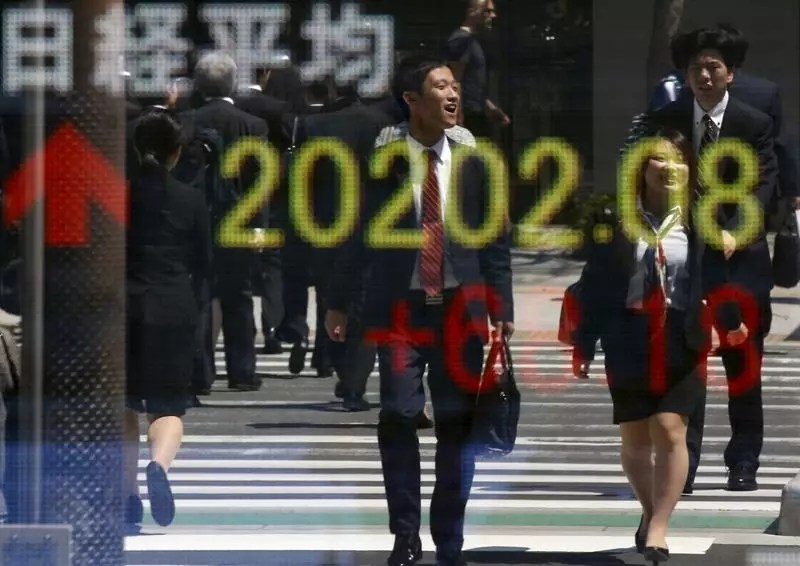Asian stocks saw a surge on Thursday, with a particular focus on technology shares following the overnight rally of Nvidia. CEO Jensen Huang’s remarks on the strong demand for artificial intelligence further fueled gains in the tech sector, specifically among chipmakers. This spike in technology stocks mirrored the trend seen in the U.S. markets, where NVIDIA Corporation (NASDAQ:NVDA) saw significant growth. This trend highlighted the importance of AI in the tech industry and its impact on stock valuations.
Japan’s Nikkei 225 and TOPIX indexes emerged as the top performers in the Asian market, with gains reaching between 2% and 3%. The surge in Japanese stocks was driven by softer-than-expected producer price index inflation data for August. This data contradicted recent statements from Bank of Japan officials regarding the need for interest rate hikes. While there was speculation about a future rate hike at the BOJ meeting next week, the softer inflation numbers suggested otherwise. BOJ board member Naoki Tamura emphasized the importance of increasing interest rates to avoid inflationary risks, but the current economic conditions may not warrant immediate action.
Apart from Japan, other Asian markets also witnessed gains, albeit more modestly. South Korea’s KOSPI rose by 1.2%, while Taiwan’s TSMC experienced a significant 4.7% boost. The rally in tech stocks, especially chipmakers, was propelled by the positive performance of Nvidia and its suppliers, such as SK Hynix Inc and Advantest Corp. The positive outlook on AI demand and tech valuations overshadowed broader economic concerns, contributing to the overall growth in Asian markets.
While tech stocks thrived, sectors outside of technology experienced relatively lower gains. The ASX 200 in Australia managed a 0.7% increase, while India’s Nifty 50 index futures indicated a mediocre start after a decline the previous day. China’s Shanghai Shenzhen CSI 300 and Shanghai Composite indexes, along with Hong Kong’s Hang Seng, struggled to gain momentum, remaining flat or registering slight losses. Reports of U.S.-China trade tensions may have dampened investor sentiment towards Chinese markets, contributing to the lackluster performance.
The rise of Asian stocks, particularly in the technology sector, highlighted the growing significance of artificial intelligence and its impact on market trends. While Japanese markets outperformed with the support of tech stocks, challenges persisted in other sectors across Asia. The varying performances underscored the complex dynamics at play in the global economy and the importance of staying informed to navigate market fluctuations effectively.


Leave a Reply